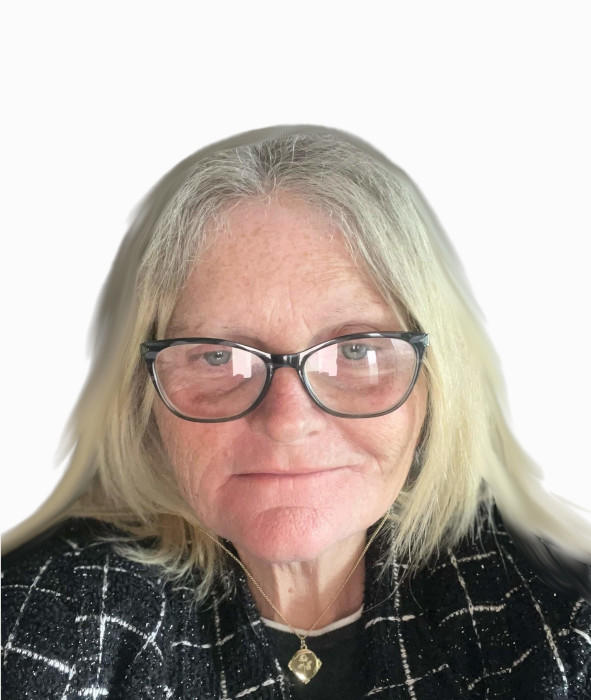


We will support you to help you find providers, services and supports that work together to help you pursue your goals. The mix of services and supports that you use will be based on your circumstances, needs and preferences.
You and your support coordinator will talk about the community, government and funded supports that you can use to pursue your goals.
Your Support Coordinator will help you to:
Disability Services Support Coordination is a service that helps people with disabilities identify and access the services and supports they need to live independently. Support Coordinators work with people with disabilities, their families, and service providers to develop an individualised support plan. Support Coordinators can connect people with disabilities to community resources, provide information and referrals, and help navigate the disability services system.
Individualised support plans are designed to meet the unique needs of each person with a disability. Support Coordinators work with the person with a disability and their family to identify their goals, and then connect them with services and supports that can help them achieve those goals. Support coordinators also work with service providers to ensure that the services and supports provided are meeting the needs of the person with a disability.
People with disabilities often face barriers to accessing the services and supports they need. Support Coordinators can help identify these barriers and develop strategies to overcome them. Support coordinators can also provide information about resources available to people with disabilities, and connect them with community organisations that can provide additional support.
Disability Services Support Coordination is a vital service for people with disabilities who want to live independently. Support Coordinators can help connect people with disabilities to the services and supports they need to achieve their goals.
You can trust DSSC to deliver the best quality service and support to help you to pursue your life goals. With more than 25 years of experience in Disability Services, we will ensure you get the service access you deserve.
We offer a range of services from Support Coordination to Psychosocial Recovery Coaching.
Support coordination helps you to make the best use of your supports in plan. Support coordination is a capacity building support which helps you to:
There are three levels of support coordination that can be included in your plan:
You may also wish to focus on a specific goal in your NDIS plan, such as those related to finding suitable home and living supports. You can use your support coordination funding to work with a support coordinator who has the skills, knowledge and experience to meet your specific needs. ^Source NDIS
It is intended that recovery coaches will provide support to people with psychosocial disability to increase their independence, social participation and economic participation. People will be assisted to take more control of their lives and to better manage complex challenges of day to day living. Through recovery-enabling relationships and skilled coaching, people will be supported to build capacity, including strengths and resilience. Recovery coaches will work collaboratively with people, their families, carers, and other services to design, plan, implement and review a recovery plan.
The work of recovery coaches will be informed by:
Services will be released in 2021. The framework is currently being developed in consultation with people with psychosocial disabilities, their families, carers, service providers and State and Territory Governments
Recovery coaches will provide capacity building supports. They do not provide core type supports to complete activities of daily living and community, social and or recreational activities
The recovery coach line item is tailored to the needs of people with primary psychosocial disability, with a focus on coaching and collaborating with other services.
Participants will have the option to choose from a:
Subject to the preferences of the person, the responsibilities of the recovery coach include:
^Source NDIS
